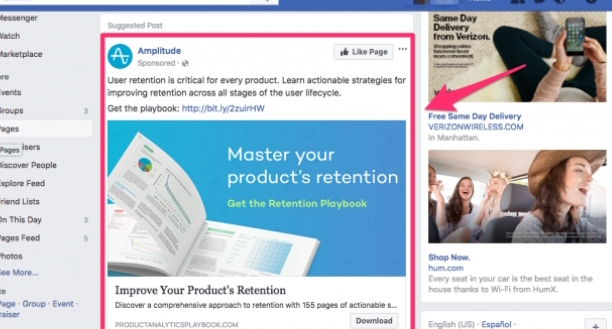
What is the definition of social media advertising?
Social media advertising is essentially the placement of advertisements on social media networks.
According to Statista, there are around 2.77 billion social media users globally in 2019. It will be around 3.02 billion by 2021.
This is why social media networks allow users to sponsor or boost content. Ads on their platform bring the company’s message to the attention of their target demographic.
They can easily entice consumers to interact, click through, and purchase. It is also clear that social media platforms are preferring ad space above original content in order to increase income.
The good news is that any business or brand can benefit from social media advertising.
With the growing number of social media users worldwide, it can be the only channel consistently bringing sales from day one.
It serves a double purpose of advertising products or services, as well as promoting the social media page to grow its following.
Facebook, Instagram, LinkedIn, and Twitter each have their version of ads placed on their page. For instance, Facebook has different types of ads, from simple Marketplace Ads to Page Post Ads, Sponsored Stories, and Promoted Posts.

What is the difference between Native Ads and Sponsored Content?
Paid media methods include sponsored content and native advertising. They are designed to complement the shape and function of the surrounding editorial content on a website. As a result, it appears “native” to the page. The major distinction is that native advertising resembles traditional advertising, whereas sponsored content resembles media placement.
Native ads contain a headline and description to encourage users to click on the link.
Users are then led to an article on a brand’s website or other sponsored content. Sponsored content is a piece of brand journalism that lives on a publisher’s website.
It’s usually written by the publisher’s staff, so the article matches the tone and voice of the rest of their content. Sponsored content is a great way to promote a brand in content the audience is already familiar with.
Each type serves a different purpose and will be most effective depending on what the brand hopes to achieve.
